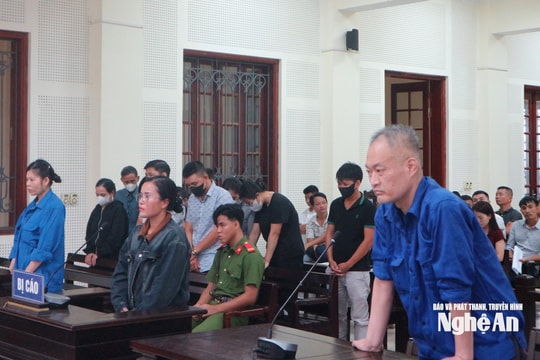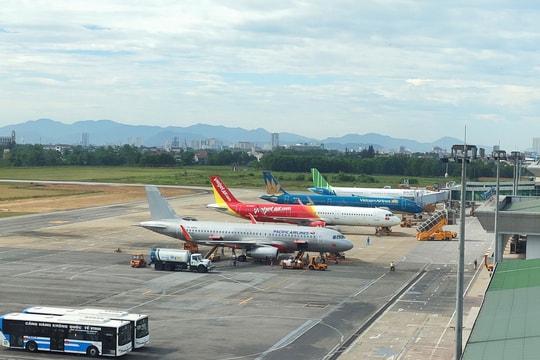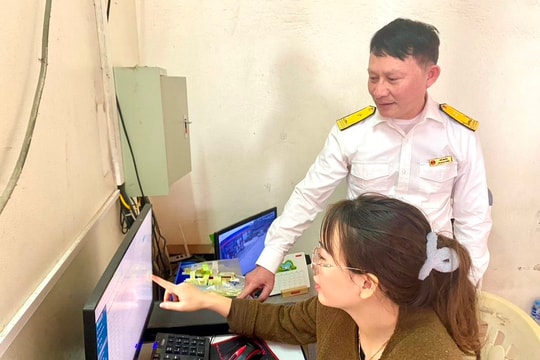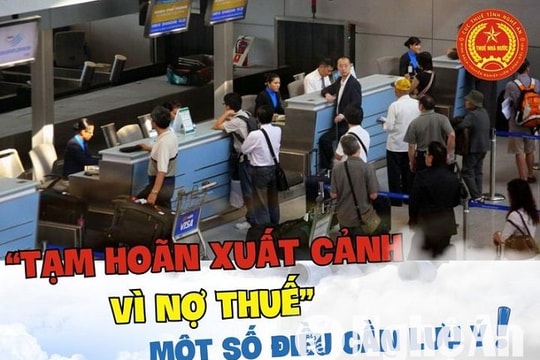4 regulations that officials and civil servants should know, effective from June 2018
Since June 2018, many new documents related to promotion, emulation and rewards, and personnel work have officially taken effect.
| STT | Regulations | Content |
| 1 | Regulations on considering promotion of professional titles of teaching staff in public higher education institutions | Circular 12/2018/TT-BGDĐT takes effect from June 1, 2018, specifically regulating the regulations for considering promotion of professional titles for lecturers at public universities. Accordingly, the Promotion Council is decided by the head of the agency or unit to establish and organize the promotion consideration according to the following steps: Preparing for promotion consideration, organizing the review of promotion dossiers and organizing the promotion consideration. |
| 2 | Reduce 1/3 of the term of office for consideration of rewards for female officials working in the Court | Specifically, Clause 11, Article 5 of Circular 01/2018/TT-TANDTC stipulates that for female leaders and managers, the time holding the position to be considered for commendation for their contribution is reduced by 1/3 compared to the general regulations. In addition, when there are many individuals and collectives that meet the conditions and standards of a form of commendation, priority is given to rewarding female individuals and collectives with a higher percentage. |
| 3 | Prohibited acts in administrative procedures under the one-stop mechanism | Cadres, civil servants and public employees assigned to guide, receive documents and resolve and return results of administrative procedure settlement under the one-stop and one-stop mechanism at the headquarters of the One-stop Department and at the competent authority are not allowed to perform certain acts such as: - Abuse of power, harassment, causing trouble and difficulties for organizations and individuals carrying out administrative procedures; - Illegally obstructing or preventing the process of transmitting, sending, and receiving electronic data; illegally changing, deleting, destroying, falsifying, copying, or moving part or all of the data content of administrative procedures. - Refusing to perform, prolonging the time to resolve administrative procedures or arbitrarily requesting additional records and documents outside the provisions of law. The above content is based on Decree 61/2018/ND-CP, effective from June 21, 2018. |
| 4 | The Inspection Committee has the right to request that party members not leave the country. | The Central Executive Committee has just issued Regulation 01-Qdi/TW on the responsibilities and authority of the Inspection Committee in the work of preventing and combating corruption. Accordingly, when detecting party members with signs of corruption violations, the Inspection Committee has the right to request that party members not be allowed to leave the country. When necessary, the Inspection Committee can request competent authorities to temporarily suspend the exit of party members with signs of violations and signs of absconding. |




.jpg)



